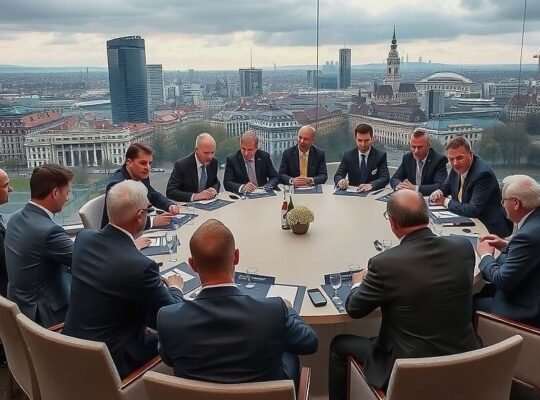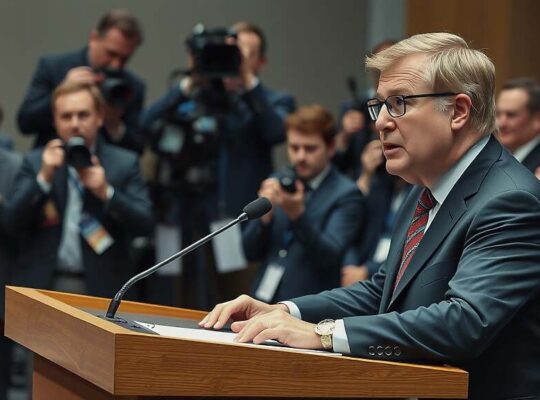Discussions surrounding potential sanctions against Israel appeared to play a minimal role at a recent meeting of European heads of state in Copenhagen, according to a statement released by the German government. Steffen Meyer, a deputy government spokesperson, indicated that a proposal from the European Commission to suspend certain trade provisions within the EU-Israel association agreement and impose direct sanctions on extremist Israeli ministers and violent settlers was addressed only briefly.
The shift in focus, Meyer explained, stems from the emergence of a new framework presented by the United States, described as a “peace plan”. The emphasis for European leaders and the German government is currently on supporting these ongoing efforts. Consequently, a decision regarding potential sanctions at the European level is not presently on the agenda.
Just two weeks prior, the European Commission had proposed measures citing the escalating crisis in Gaza, with Commission President Ursula von der Leyen stating that the “horrific events” occurring daily required intervention.
Earlier this month, German Chancellor Friedrich Merz, during a visit to Madrid – a region known for its critical stance towards Israel – had signaled his intention to seek alignment within the German government before the Copenhagen meeting. The extent to which this internal coordination was achieved remains unclear.












